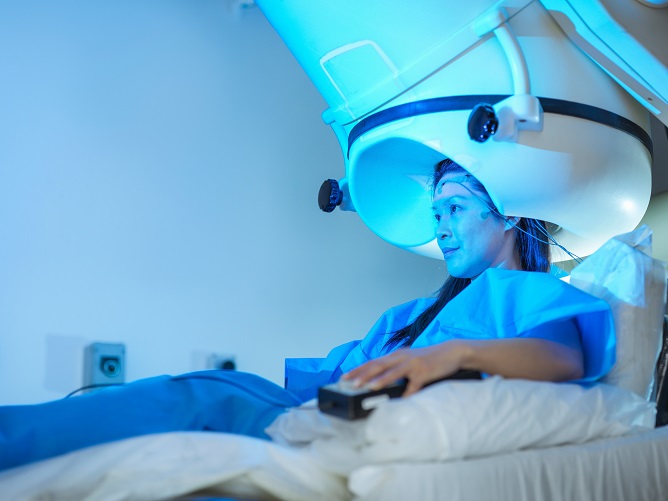
Learning to navigate your health can seem tricky, but understanding your options is the first step in managing your well-being. In depression treatment, two prevalent modalities are Neurostar TMS (Transcranial Magnetic Stimulation) and ECT (Electroconvulsive Therapy). How do they differ? Let’s dive in.
Located within a depression clinic in South Shore, MA is where you may find your first encounter with Neurostar TMS. This non-invasive procedure utilizes magnetic fields to stimulate nerve cells in the brain. It’s especially favored for its outpatient set-up, letting patients receive sessions and return to daily activities immediately.
On the other hand, when considering comprehensive depression treatment in Massachusetts, ECT often comes up as another option. ECT involves sending electric currents through the brain to induce a seizure, which is believed to cause chemical changes that can alleviate depressive symptoms. These sessions typically require a hospital stay.
When choosing between these options, a psychiatrist in Massachusetts is the best person to consult. Medical professionals can consider the specifics of your condition and medical history and discuss which method best aligns with your treatment goal.
It’s crucial, though, to acknowledge that, like all treatment methods, Neurostar TMS and ECT have their benefits and limitations. Depression is a complex health phenomenon, and what works for one person might not work for another.
Concerning TMS, it’s vital to address the limitations of TMS. Some of these include treatment resistance in severe cases of depression and possible side effects like headaches or scalp discomfort.
Remember, whether it’s TMS or ECT, or other treatment modalities, professional help is always available. Your path starts here at South Boston TMS. Let us walk with you on your journey toward wellness.
Disclaimer
Blogs, content and other media uploaded online are for informational purposes only. Contents on this website should not be considered medical advice. Readers are strongly encouraged to visit their physician for health-related issues.




Leave a Reply